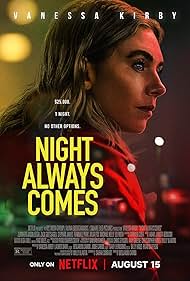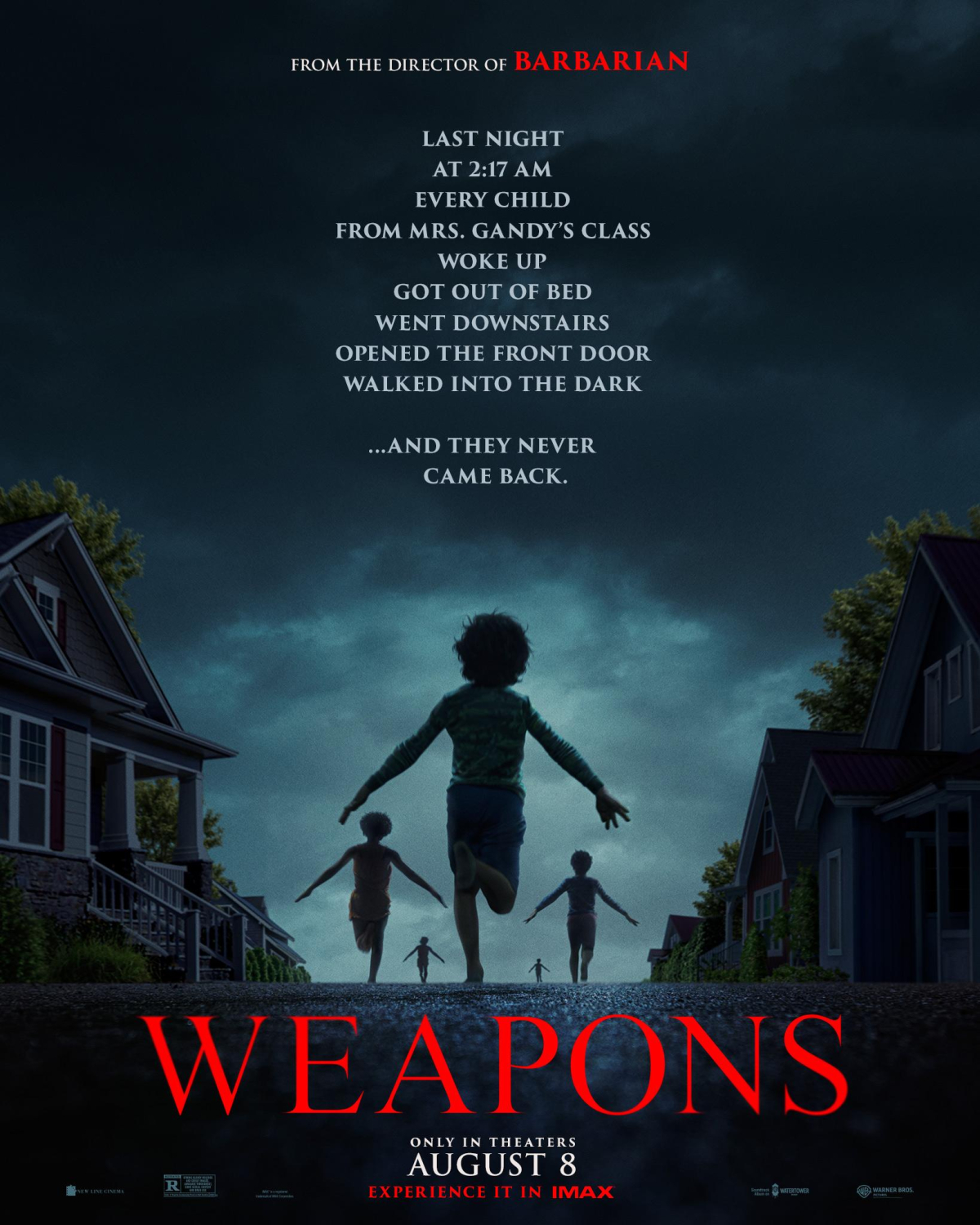|
|
Latest Articles
|

Torrent Description

Category: Adults, Misc. Non-fiction, Political Language: EnglishKeywords: History Justice Policy politics Race Written by Derecka Purnell Format: MP3 Police can not be reformed. Derecka Purnell invites us to question why we think we need the police in the first place and imagine a world where the underlying structures that cause violence and harm are dismantled. For more than a century, activists in the United States have tried to reform the police. From community policing initiatives to increasing diversity, none of it has stopped the police from killing about three people a day. Millions of people continue to protest police violence because these “solutions” do not match the problem: the police cannot be reformed. In Becoming Abolitionists, Purnell draws from her experiences as a lawyer, writer, and organizer initially skeptical about police abolition. She saw too much sexual violence and buried too many friends to consider getting rid of police in her hometown of St. Louis, let alone the nation. But the police were a placebo. Calling them felt like something, and something feels like everything when the other option seems like nothing. Purnell details how multi-racial social movements rooted in rebellion, risk-taking, and revolutionary love pushed her and a generation of activists toward abolition. The book travels across geography and time, and offers lessons that activists have learned from Ferguson to South Africa, from Reconstruction to contemporary protests against police shootings. Here, Purnell argues that police can not be reformed and invites readers to envision new systems that work to address the root causes of violence. Becoming Abolitionists shows that abolition is not solely about getting rid of police, but a commitment to create and support different answers to the problem of harm in society, and, most excitingly, an opportunity to reduce and eliminate harm in the first place. Derecka received her JD from Harvard Law School, her BA from the University of Missouri- Kansas City, and studied public policy and economics at the University of California- Berkeley as a Public Policy and International Affairs Law Fellow. Her writing has been published in The New York Times, The Atlantic, The Guardian, Cosmopolitan, Harper’s Bazaar, Teen Vogue, The Appeal, Truthout, Slate, Boston Review, Huffington Post, Vox, and In These Times. She’s been on NPR, Democracy Now!, Slate’s What Next, and MSNBC, and is the former Editor-in-Chief of the Harvard Journal of African American Public Policy. Derecka has lectured, studied, and strategized around social movements across the United States, The Netherlands, Belgium, South Africa, the United Kingdom, and Australia. She is a Margaret Burroughs Fellow for the Social Justice Initiative’s Portal Project at the University of Illinois Chicago and a Scholar-in-Residence with the Institute for a Just Society at Columbia Law School Police can not be reformed. Derecka Purnell invites us to question why we think we need the police in the first place and imagine a world where the underlying structures that cause violence and harm are dismantled. For more than a century, activists in the United States have tried to reform the police. From community policing initiatives to increasing diversity, none of it has stopped the police from killing about three people a day. Millions of people continue to protest police violence because these “solutions” do not match the problem: the police cannot be reformed. In Becoming Abolitionists, Purnell draws from her experiences as a lawyer, writer, and organizer initially skeptical about police abolition. She saw too much sexual violence and buried too many friends to consider getting rid of police in her hometown of St. Louis, let alone the nation. But the police were a placebo. Calling them felt like something, and something feels like everything when the other option seems like nothing. Purnell details how multi-racial social movements rooted in rebellion, risk-taking, and revolutionary love pushed her and a generation of activists toward abolition. The book travels across geography and time, and offers lessons that activists have learned from Ferguson to South Africa, from Reconstruction to contemporary protests against police shootings. Here, Purnell argues that police can not be reformed and invites readers to envision new systems that work to address the root causes of violence. Becoming Abolitionists shows that abolition is not solely about getting rid of police, but a commitment to create and support different answers to the problem of harm in society, and, most excitingly, an opportunity to reduce and eliminate harm in the first place. Derecka received her JD from Harvard Law School, her BA from the University of Missouri- Kansas City, and studied public policy and economics at the University of California- Berkeley as a Public Policy and International Affairs Law Fellow. Her writing has been published in The New York Times, The Atlantic, The Guardian, Cosmopolitan, Harper’s Bazaar, Teen Vogue, The Appeal, Truthout, Slate, Boston Review, Huffington Post, Vox, and In These Times. She’s been on NPR, Democracy Now!, Slate’s What Next, and MSNBC, and is the former Editor-in-Chief of the Harvard Journal of African American Public Policy. Derecka has lectured, studied, and strategized around social movements across the United States, The Netherlands, Belgium, South Africa, the United Kingdom, and Australia. She is a Margaret Burroughs Fellow for the Social Justice Initiative’s Portal Project at the University of Illinois Chicago and a Scholar-in-Residence with the Institute for a Just Society at Columbia Law School 
Related Torrents
|
|||||||||||||||||||||||||||||||||||||||||||||
Home - Browse Torrents
ExtraTorrent.st is in compliance with copyrights
2025 ExtraTorrent.st


















